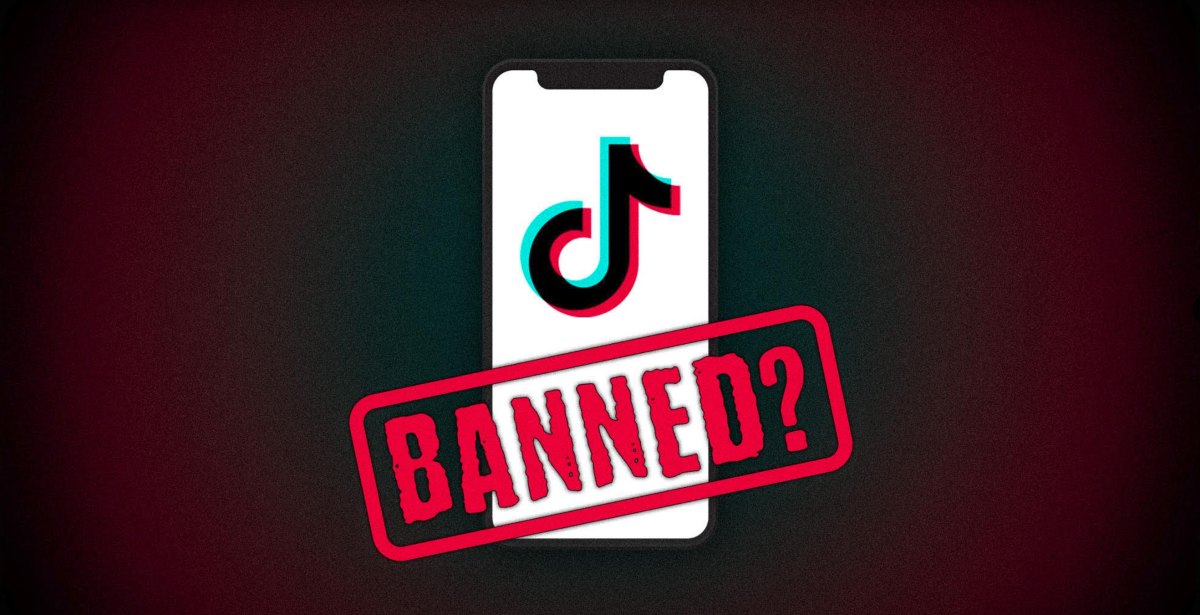The federal government, local governments and dozens of universities across the country have prohibited the use of the social media platform TikTok from their devices due to concerns about data privacy.
The UNC system decided to leave the decision of banning TikTok up to each university, and NC State’s IT has no intention of banning the app, but emphasized the privacy risks that come with using social media.
Congress banned TikTok from their devices in December 2022, citing apprehensions against having their data collected by the app’s Beijing-based parent company, ByteDance. Since then, the North Carolina state government and the City of Raleigh have banned the app from their government-issued devices.
Andrew Kotynski, NC State’s director of information security services, said ByteDance gathers the same information most American social media companies collect. This data includes exact location, internet address, age, phone number, keystrokes and payment information.
“It wants your exact location, it wants your internet address, what type of device you’re using, what other social networks you might be linked to, your age, your phone number,” Kotynski said. “Typically, if you buy anything through the device, they can capture your payment information — obviously, that’s how affiliate links work. … They’re running in the background, so they have the potential to capture keystrokes. So if you’re typing in your password, it could potentially be storing that information.”
Jessica Liao, associate professor of political science, said concerns regarding TikTok can be better understood when comparing how the United States and China view data privacy.
“The two systems are based upon two very different concepts,” Liao said. “One is, ‘The state should be able to infiltrate into every aspect of society whenever it sees fit.’ Versus here, there is a very clear boundary — ‘Individuals should have their own privacy and rights.’”
While private businesses collect user data on their own for analytics, Liao said this data could be subject to be taken by the Chinese government for national security purposes.
Over 20 colleges and university systems have banned TikTok from their campus Wi-Fi networks.
William Enck, a professor of computer science and co-director of the Secure Computing Institute, said banning TikTok from University Wi-Fi would be ineffective in stopping students from using the app, but could keep sensitive information safe from potential access by the Chinese government.
Although NC State does not plan on prohibiting the use of TikTok, Kotynski said it is important to be aware of what information is put online and consider how seriously one should take their privacy.
“It all depends on how seriously you take your privacy, and what you do on your phone,” Kotynski said. “If you’re not really concerned about things like your credit card numbers, or your social security number, or where you live being accessible to other people or third parties, then that’s fine. And in particular, the Chinese government, they probably really don’t care who [the average student] is.”
Kotynski said the best thing to do to ensure data security is to enable two-factor authentication.
“The best thing that you can do to protect a password is to use two-factor or multi-factor authentication,” Kotynski said. “So if somebody steals your password, and they try and log back into Google as you… they’re probably not going to get into your email, assuming that you’re using multi-factor authentication.”













